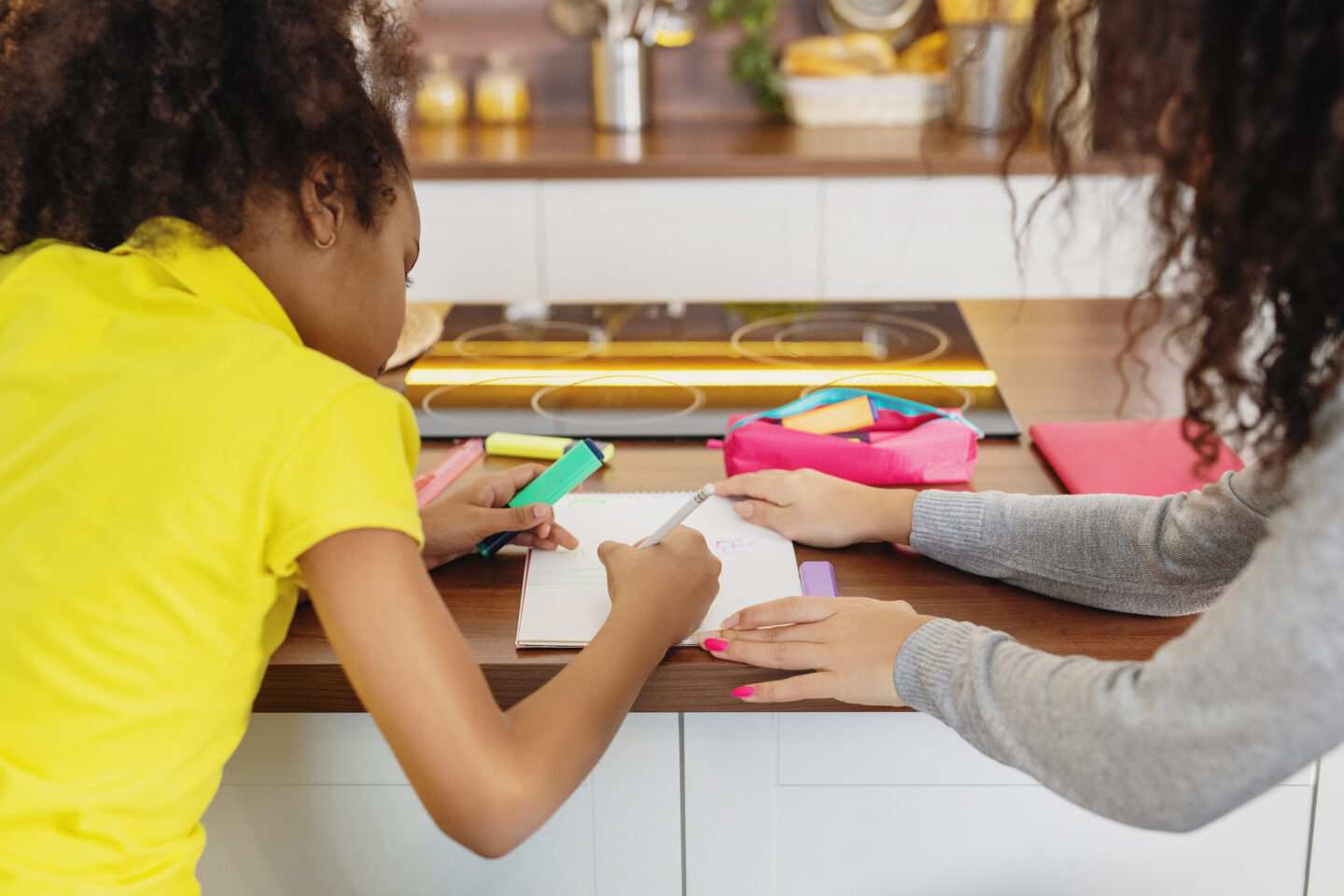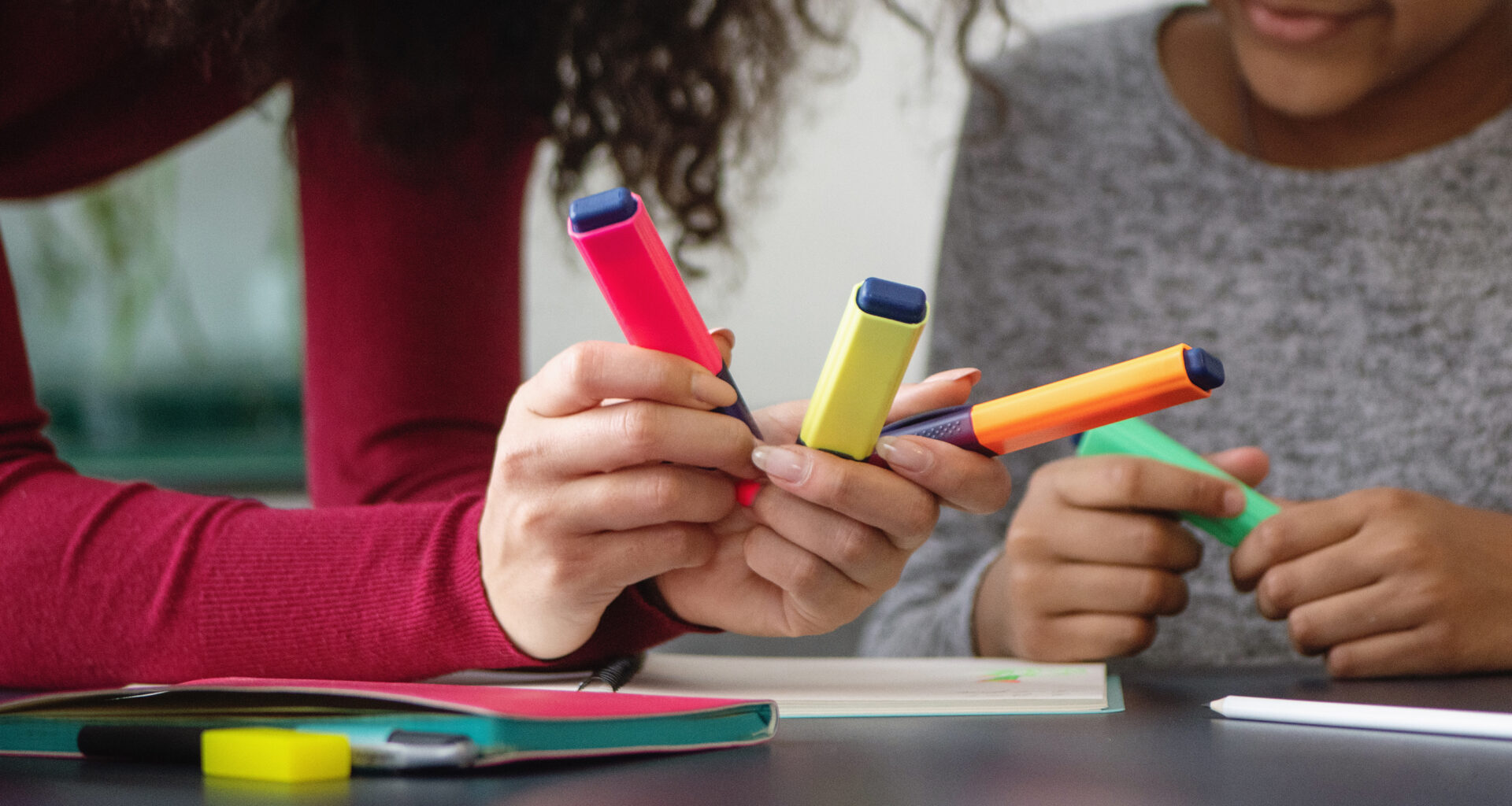Innovative teaching methods can improve how children engage with learning. Traditional models often focus on memorisation and passive instruction, which may not suit every student. To encourage deeper understanding and creativity, modern techniques are essential. By using interactive tools, learning can become both effective and enjoyable.
One major challenge in education is keeping students engaged. A conventional classroom setup can sometimes lead to disinterest, making it harder for students to connect with the material. When children see learning as a chore, their motivation declines. This can cause them to lose interest in subjects they might otherwise enjoy if taught differently. To address this, integrating diverse educational resources and engaging methods can help spark curiosity and improve learning experiences.
Contemporary Approaches to Education
Digital tools and personalised learning can reshape traditional education. By using educational technology, teachers can design lessons that meet individual student needs. For example, remote learning platforms allow one-on-one interactions, helping educators address specific challenges. Learning management systems (LMS) also provide a structured space where students can access materials, track progress, and engage with interactive content at their own pace.
Online learning models create more opportunities for skill development. Children can explore subjects that interest them, making education more engaging. Gamified learning further enhances motivation, turning lessons into interactive experiences. Through educational games and activities, students build essential skills while enjoying the learning process.

Engaging Students Through Creativity
Interactive learning experiences help young learners develop their English skills through a combination of classroom instruction and real-world application. Engaging activities, excursions, and collaborative exercises enhance language acquisition while building confidence in communication. Lessons incorporate digital tools, creative projects, and practical exercises to ensure an immersive educational experience.
One organisation that excels in this approach is SKOLA, which offers structured programmes designed to support language development in diverse settings. Beyond the classroom, cultural exchange opportunities encourage personal growth, helping students refine their skills while exploring new environments. By integrating modern teaching methods with experiential learning, these programmes make education both effective and enjoyable.

The Role of Parents in Modern Learning
Parents play a crucial role in shaping their children’s approach to education. A home that values learning and encourages curiosity helps children stay engaged with their studies. Parents can support their children by attending school events, collaborating with teachers, and providing learning opportunities at home.
Introducing children to online learning platforms that match their interests can also enhance their motivation. Enrolling them in courses that combine education with hobbies, such as coding, digital art, or writing, keeps learning enjoyable.
Creating a Collaborative Educational Culture
A strong partnership between schools and parents creates an environment where learning feels rewarding. Open communication with teachers helps parents understand their child’s learning style. It provides insights into how they can offer additional support.
Mentorship programs in schools further enrich the learning experience. Pairing students with mentors encourages exploration, provides guidance, and boosts confidence in handling challenges. These relationships contribute to both academic and personal growth.
Expanding curriculum options to include diverse disciplines keeps students engaged and helps them explore their interests. Project-based learning allows students to apply their knowledge creatively and connect education to real-life experiences. Encouraging students to take an active role in their learning and share their achievements reinforces a positive attitude toward education.

Encouraging Lifelong Learning
Developing a mindset of continuous learning benefits children well beyond their school years. When students encounter new subjects, curiosity helps sustain their interest. Encouraging exploration and discovery motivates them to seek knowledge outside traditional classrooms. This approach fosters critical thinking and problem-solving skills, which are essential for personal and professional growth.
Educational technology offers additional ways for families to support learning. Online resources, from coding workshops to virtual art classes, allow children to explore new topics and strengthen their skills. Interactive platforms, such as educational apps and gamified learning tools, make acquiring new knowledge more engaging. Parents and educators can reinforce this process by providing hands-on experiences, such as science experiments, creative writing activities, or historical field trips, making learning both practical and enjoyable.
By nurturing a love for learning, children become better prepared for future success. Collaboration, creativity, and exploration transform education into an engaging and enriching journey. Encouraging group activities, such as book clubs, debate teams, or STEM projects, helps students develop communication and teamwork skills.




